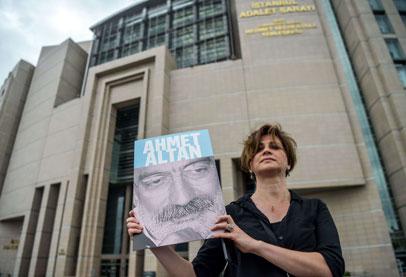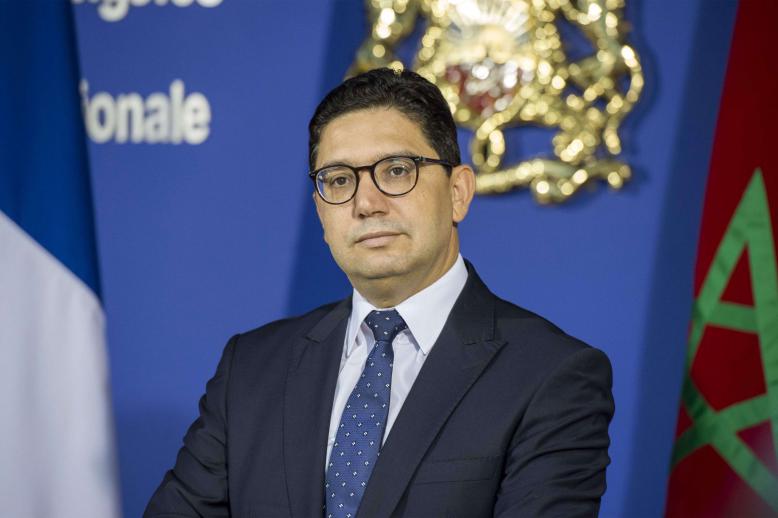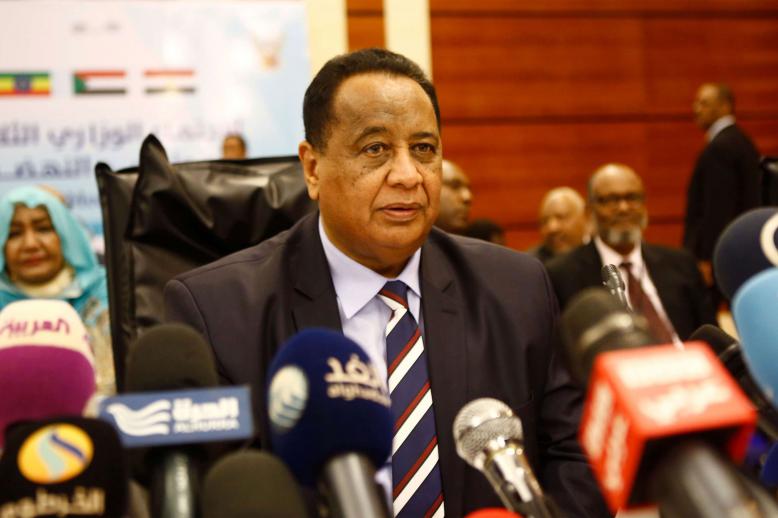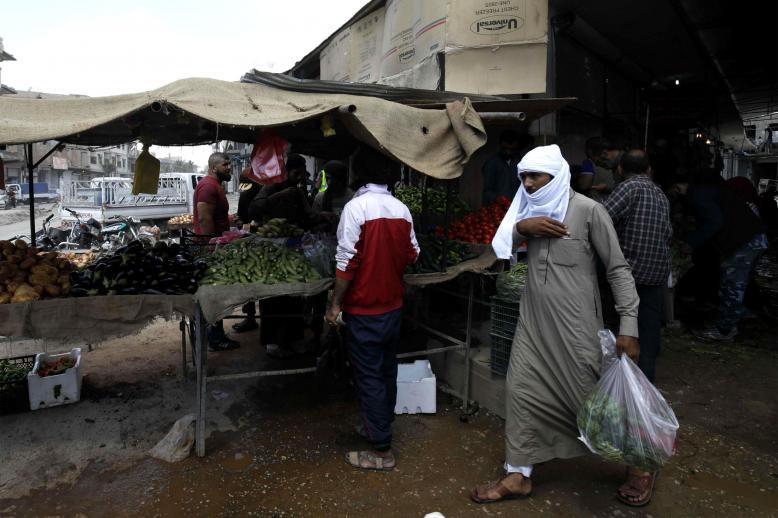Turkey seeks jail for journalists opposing government

ANKARA - Turkish prosecutors on Friday demanded prison sentences of up to 15 years for 13 staff from the opposition Cumhuriyet newspaper, the daily and state media reported.
A total of 17 current and former writers, cartoonists and executives from Cumhuriyet ("Republic") are currently on trial on terror charges in a case which has raised alarm over press freedom under President Recep Tayyip Erdogan.
The trial began on July 24, 2017, and despite several conditional releases in previous hearings including two last week, the paper's chairman Akin Atalay remains in jail.
The prosecutor requested between 7.5 and 15 years in jail for 13 staff for "helping an armed terror organisation without being a member" during the hearing in Istanbul, Cumhuriyet and state news agency Anadolu reported.
The 13 included Atalay, the daily's editor-in-chief Murat Sabuncu, investigative reporter Ahmet Sik, cartoonist Musa Kart and veteran political commentator Kadri Gursel.
Cumhuriyet did not specify what the prosecutor demanded in relation to the others.
The prosecutor also asked that Atalay -- who spent his 500th day in prison on Wednesday -- remain behind bars.
The Cumhuriyet staff have been accused of coverage which offered support to three groups Turkey views as terrorists -- the Kurdistan Workers' Party (PKK), the ultra-left Revolutionary People's Liberation Party-Front (DHKP-C), and the movement of US-based preacher Fethullah Gulen who is accused of ordering the July 2016 attempted coup.
The P24 press freedom group said this week there were 153 journalists behind bars in Turkey, most of whom were arrested under the post-coup state of emergency.
Turkey ranked 155 out of 180 countries listed in the 2017 World Press Freedom index published by Reporters Without Borders (RSF).
- Rights violated -
Turkey's top constitutional body on Friday ruled for the second time that the rights of a prominent Turkish journalist jailed in the wake of the failed coup had been violated while in detention, state media said.
The Constitutional Court had in January ruled that Sahin Alpay and fellow jailed journalist Mehmet Altan should be released on the grounds their rights had been violated.
But the lower criminal courts hearing their cases defied the decision and they remain in jail. It remains to be seen if on this occasion the lower court will respond to the ruling by the higher court.
Mehmet Altan was on February 16 handed a life sentence on charges of links to the group blamed for the 2016 failed coup, along with his brother Ahmet, also a writer, and veteran journalist Nazli Ilicak.
In a separate case, Alpay remains on trial, also charged with links to the failed coup and facing life in jail if convicted. He was arrested shortly after the failed coup and remanded in pre-trial detention in late July 2016.
The state news agency Anadolu said that after the January court ruling Alpay applied to the Constitutional Court for a second time which again ruled by a majority vote Friday his rights had been violated.
A similar application by Mehmet Altan would be examined at a later date, the agency added. The court said that Alpay should be paid 20,000 lira ($5,100) in compensation.
The latest ruling comes as the European Court of Human Rights is scheduled on March 20 to rule on the cases of Alpay and Mehmet Altan who both appealed to the Strasbourg court.
Turkey is a member of the Council of Europe rights watchdog, of which the court is a part, and is thus obliged to implement its judgements. Were Turkey to defy a ruling, it could cause a serious crisis in its relations with the body.
The failure of the lower courts to release Alpay and Altan earlier this year caused uproar among Turkish activists. The Council of Europe's chief Thorbjorn Jagland also expressed concern, saying such decisions were "binding" otherwise "the rule of law will be undermined".
Their cases have amplified concerns in Turkey about the rule of law under the state of emergency declared after the failed coup that has seen dozens of journalists arrested.
Turkey says the crackdown is needed to eradicate the influence of the US-based preacher Fethullah Gulen who it blames for the failed putsch but critics say it has included anyone who dares criticise President Recep Tayyip Erdogan.




